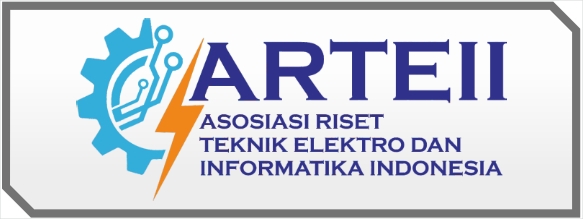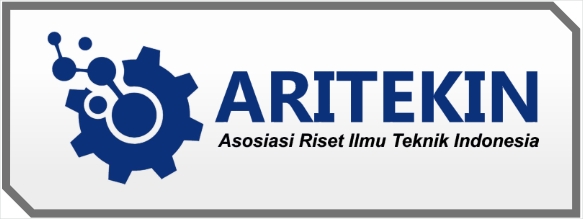Impoverishment Punishment as a Progressive Approach in Handling Corruption: Legal Studies and Practices in Indonesia
DOI:
https://doi.org/10.55606/icesst.v3i2.424Keywords:
Impoverishment Punishment, Corruption, Progressive ApproachAbstract
Corruption is one of the criminal acts that has a destructive impact on development and public trust. In an effort to strengthen the eradication of corruption, impoverishment punishment is proposed as a progressive approach that aims to provide a deterrent effect and restore state losses. This study aims to analyze the effectiveness of the application of impoverishment punishment in handling corruption in Indonesia. The method used is a juridical-sociological approach, by examining applicable regulations and the impact of their application in practice.The results of the study show that impoverishment punishment has great potential in reducing corruption rates, especially with the confiscation of assets from crime which can reduce the motivation of perpetrators to commit corruption. However, the implementation of this punishment faces various challenges, including the lack of regulatory synchronization, technological limitations in asset tracking, and political resistance. This study recommends strengthening regulations, increasing the capacity of financial forensic technology, and public education to support the effective implementation of impoverishment punishment. With the right strategy, impoverishment punishment can be one of the key instruments in building a stronger and more equitable corruption eradication system.
References
Central Statistics Agency (BPS). (2022). Corruption statistics in Indonesia: Trends and developments. Retrieved from www.bps.go.id
Corruption Eradication Commission. (2023). Corruption and impoverishment. Retrieved from www.kpk.go.id
Fatmawati, I., Fikri, R. A., Siregar, M. A., & Mawarni, S. (2023). The restorative method for development urgency of customary. Journal of Economics, 12(02), 1385–1391.
Fikri, R. A. (2020). Implementation of diversion for children in conflict with the law reviewed from Law Number 11 of 2012 concerning the juvenile criminal justice system. Jurnal Abdi Ilmu, 13(2), 72–81.
Hasibuan, L. R., et al. (2015). Restorative justice as a reform of the criminal justice system based on Law No. 11 of 2012 concerning the juvenile criminal justice system. USU Law Journal, 3(3), 64–71.
Hidayat, E. (2022). Implementation of impoverishment punishment in the Indonesian legal system. Journal of Law and Justice, 17(3), 234–256.
Kurniawan, D. (2021). Implementation of impoverishment as an additional sanction in corruption cases in Indonesia. Journal of Legal Studies, 22(1), 45–60.
Law, F. (2014). Criminal law and corruption eradication in Indonesia. Sinar Grafika.
Pratama, I. (2019). The effectiveness of impoverishment in combating corruption in Indonesia. Journal of Legal Development, 14(2), 120–138.
Santoso, M. (2018). Corruption and law: Criminal perspective and regulations related to impoverishment. PT Refika Aditama.
Saragih, Y. M., Irmawan, F., Winata, S. P., & Hamdany, R. (2023). Juridical review of online gambling crime in North Sumatra. Morfai Journal, 3, 426–435.
Siregar, F. R., Rambe, M. J., & Ardiansyah, V. (2023). Criminal legal policy towards perpetrators of child sexual violence in Medan city. Rectum Journal: Legal Review of Criminal Act Handling, 5(2), 22–31.
Supriyanto, A. (2020). Eradicating corruption: Theory, practice, and legal solutions. Rajawali Pers.
Downloads
Published
How to Cite
Issue
Section
License
Copyright (c) 2024 The International Conference on Education, Social Sciences and Technology (ICESST)

This work is licensed under a Creative Commons Attribution-ShareAlike 4.0 International License.















